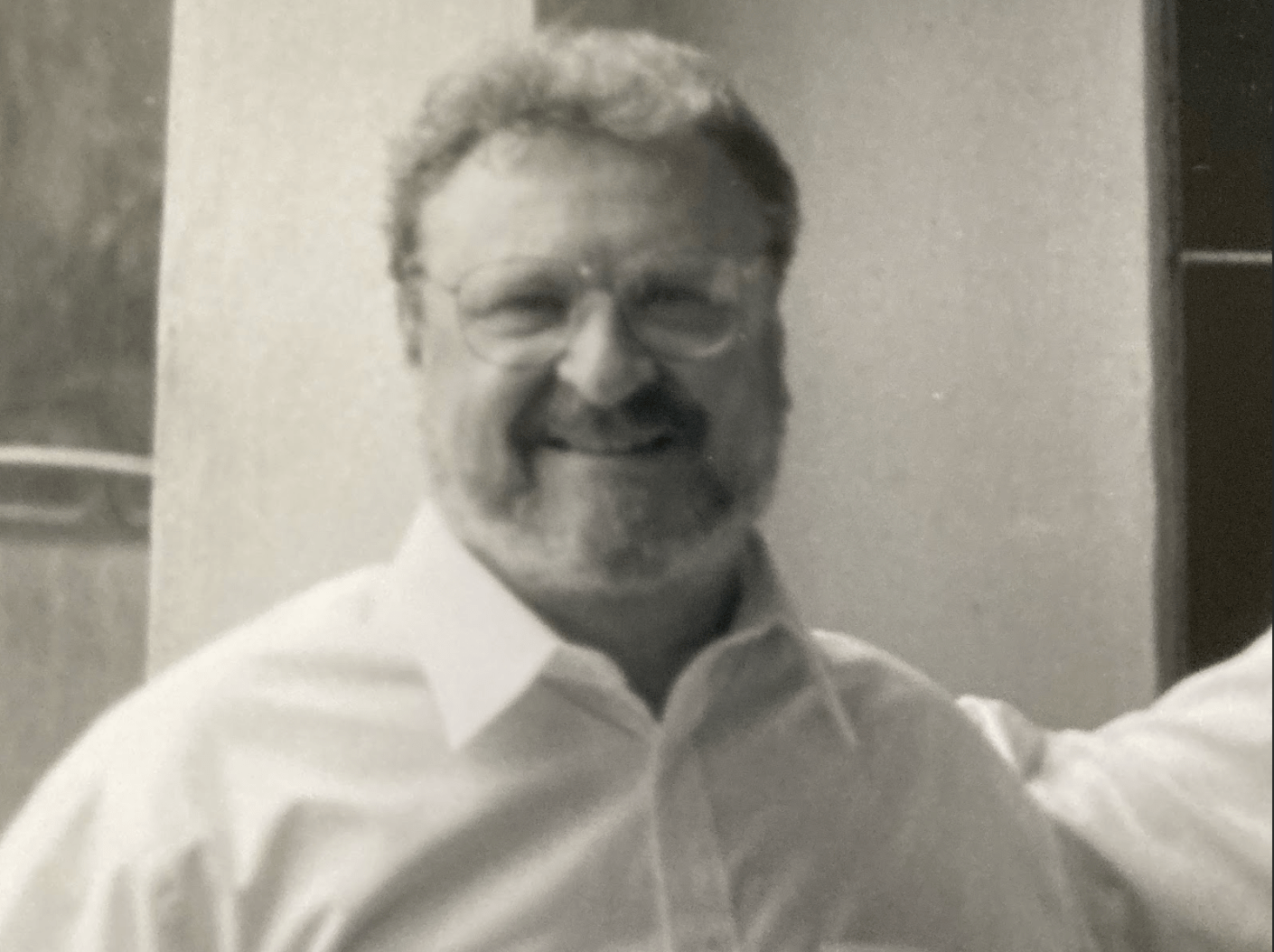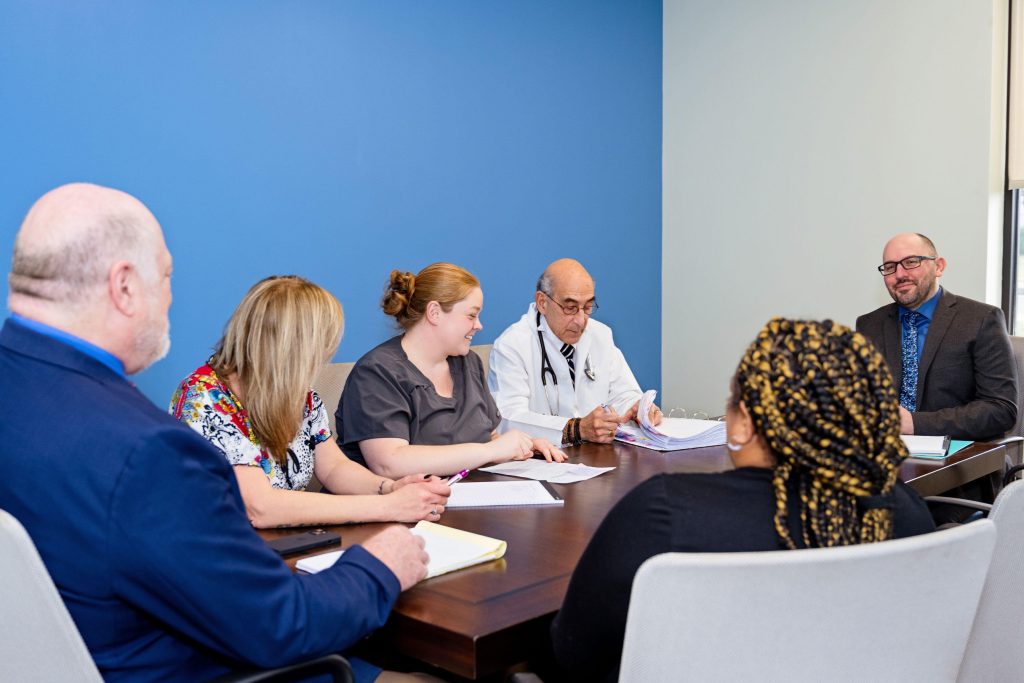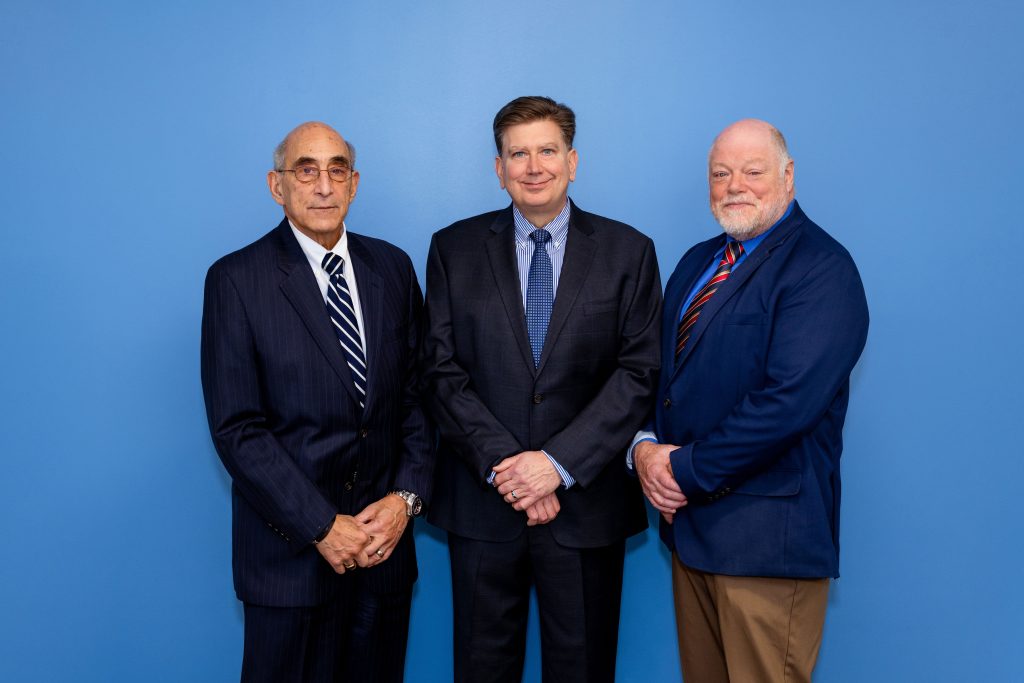
CT CADAC Training Program: Established in January 1995, the Connecticut Certified Alcohol and Drug Abuse Counselor Training Program (CT CADAC Training Program) assists both professionals in the field of substance use disorders and non-professionals in gaining the knowledge and educational hours necessary to become a licensed or certified counselor in the field of treatment for substance use disorders. More importantly, it prepares the student for a career in the field. Since its inception, the program has provided professional training to over 700 students. The primary goal of the program is to provide the counselor with the tools necessary to provide state of the art evidence based care. The experienced instructors also mentor students to assist them in the development of their careers. The CT CADAC Training Program curriculum satisfies the Connecticut Department of Public Health educational requirements for certification/licensure as a Certified or Licensed Alcohol and Drug Abuse Counselor.
The basics of neurophysiology, pharmacokinetics, pharmacodynamics, and the basic characteristics of mood altering substances and other affects will be explored. The process of substance abuse and addiction will be reviewed including historical perspectives on the development of addiction and the phenomenon of psychoactive substance abuse in relation to the human condition. Several models of addiction will be explored including the course of addiction in relation to the type of substance abuse. A brief overview of counseling theories will be explored. This course will include the current psycho-pharmologic treatment modalities used in treating mental illness and substance use disorders.
The diverse array of complex issues that are present when treating the mentally ill substance abuser will be discussed. A review of dual diagnosis including the use of DSM-IV – TR will be discussed including a review of the major diagnostic categories.
This course covers the fundamental skills necessary to conduct screening, assessment, and treatment planning for the drug and alcohol affective population. Ethical issues and confidentiality law will be reviewed as an important component of the assessment and treatment planning process.
This module will review common functions and issues that accompany Case Management related tasks. A diverse number of subjects will be discussed including issues relating to cultural competency and cross cultural counseling, spirituality, HIV/AIDS, utilizing alcohol and drug resources, utilizing mental health resources, utilizing housing resources, integrating 12 step meetings, financial aid, general assistance and state/federal benefits, working with the criminal justice population and issues relating to managed care.
The major counseling theories and their application to substance abuse and addiction will be explored. The benefits and disadvantages of each will be discussed in depth. Theories discussed include behavior therapy, reality therapy, cognitive therapies, rational modification behavior therapies, the humanistic therapies, cue extinction, relapse prevention models, and group therapy.

Introductory message about the scholarship and who should apply then Link to page with Application

Connecticut Counseling Center, Inc. Addiction Medicine Rotation Program is a training opportunity for medical students and hospital residents to learn about opioid dependence and best treatment practices in our medication assisted treatment programs. Under the supervision of Dr. Mark Kraus, MD, Chief Medical Officer, the Addiction Medicine Rotation Program provides medical students and hospital residents with invaluable knowledge and insight into the nature of opioid use disorders and the structure and effectiveness of medication assisted treatment. This is something physicians rarely learn about in medical school. This experience also can go a long way towards reducing addition related stigma within the medical community.
Connecticut Counseling Centers, Inc. is also a valuable resource for the medical community. Dr. Mark Kraus, Chief Medical Officer, Alan Nolan, LCSW, Director of Clinical Operations, and the Program Directors at our clinic sites routinely provide presentations on various behavioral healthcare topics to the medical and social work staff at area hospitals.

Connecticut Counseling Centers, Inc. is dedicated to the professional development of treatment professionals and our program and clinical leadership have many years of experience providing exceptional education and clinical supervision services. Our Directors have extensive teaching experience at college undergraduate and graduate schools. We provide a number of Internship opportunities for students in graduate behavioral science programs. Our professional trained and licensed clinical staff have years of experience in providing rich educational experiences for students who have the goal of becoming Licensed Alcohol and Drug Abuse Counselors, Licensed Professional Counselors, and Licensed Clinical Social Workers. Many of our interns have become employees of Connecticut Counseling Centers, Inc. as counselors. We also provide clinical rotations in behavioral healthcare for students in undergraduate nursing programs.


